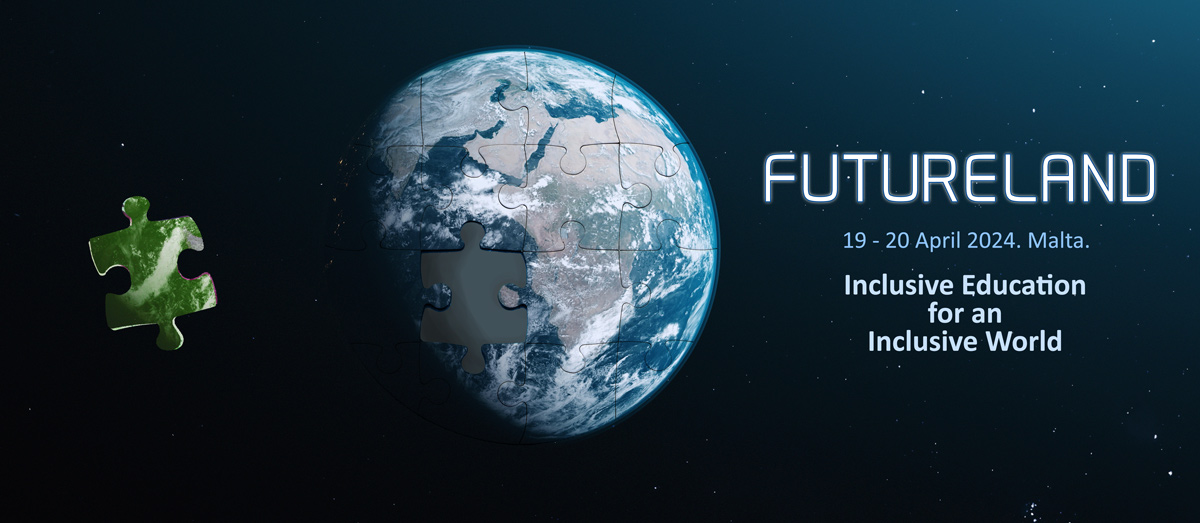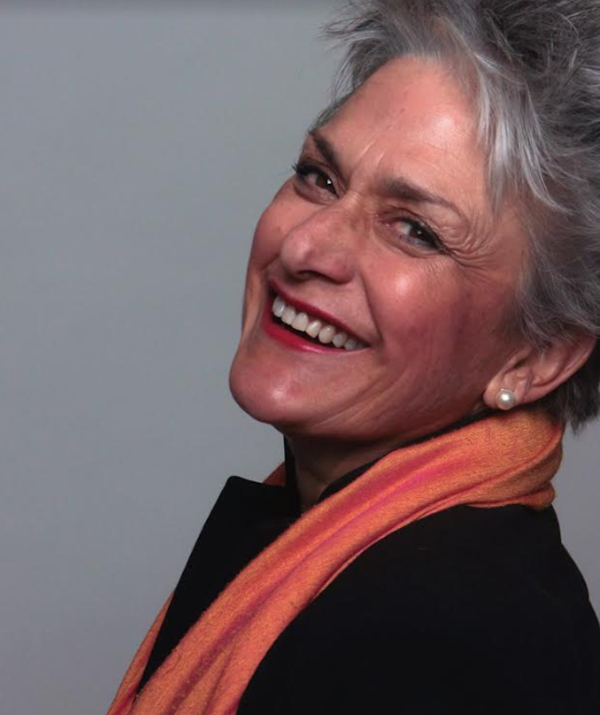With a PhD in Education Leadership Policy and Practice, a Master’s in Public Administration and certified in Collaborative Governance, Dr Frick’s work and research focuses on the complexities of education systems, how to navigate them and how that might affect inclusion strategies, in particular attendant economic development, sustainability and poverty abatement policies. Fluent in multiple languages, Dr Frick has enjoyed a career working with multinational and multilateral organizations such as the UN, World Bank, USAID, the OAS, and international NGOs. Dr Frick is a professor at the University of Arizona; at the state and national levels serves as a policy advocate for the U.S version of TVET, CTE, and is honored to serve on IVETA’s board.
Dr Frick brings to the workshop experience in organizational development, leadership training, and strategic partnership development.
Inclusiveness and Focus education
Workshop
Inclusion operationalized as policy is often a model of what inclusion is not. Typically, developed in silos, institutional and sector policies house highly dedicated and deeply competent people. Also typically, those silos are not at all or are very poorly connected. Subsequently, the silo’s capable work often lacks the other silo’s critical knowledge. Aptly describing the user outcome of the silo model is the iconic policy maxim:
“What is a giraffe? Answer: A horse designed by a committee”. Moreover, it overlooks the opportunity of street-level bureaucrat stakeholders who productively inform policy design.
Collaboratively, workshop participants will learn and apply Dr Frick’s innovative policy model. Workshop participants will take with them powerful policy tools to share with their institutions and cross-sector colleagues. Participants will learn how to recognize their own institutional learning mechanisms, develop new ones that condition trust, which legitimizes new and robust collaborative processes. Participants will learn how to identify and assess stakeholders within and outside of their organizations, how to determine common goals and objectives, and horizontalize power imbalances that advantageously, for all, redistributes stakeholder resources. Participants will assess facilitative leadership typologies and how they can create or limit a collaborative path towards goal identification, designing calculated risk-taking models, and stakeholders productively measuring and comfortably leveraging failure to create inclusive learning models within and across institutions and sectors. The most workshop powerful tool you will take home with you is your new, and highly informed network of collaborative stakeholders!


